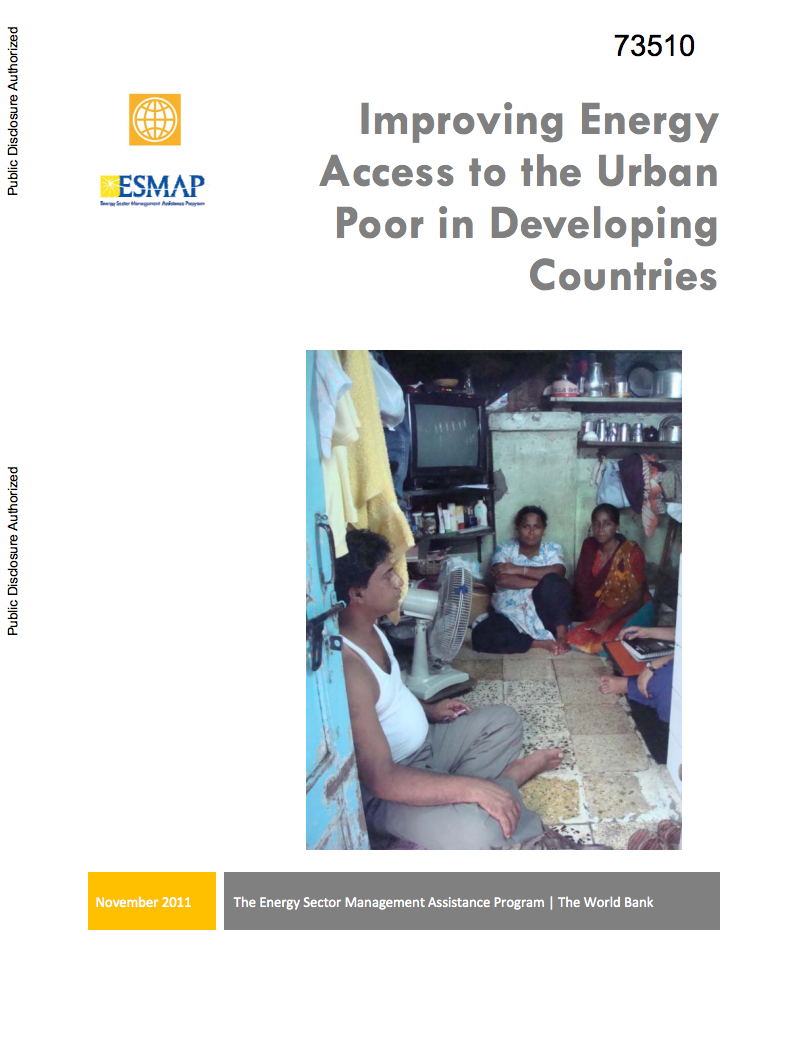Housing and Urbanization in Africa : Unleashing a Formal Market Process
The accumulation of decent housing
matters both because of the difference it makes to living
standards and because of its centrality to economic
development. The consequences for living standards are
far-reaching. In addition to directly conferring utility,
decent housing improves health and enables children to do
homework. It frees up women's time and enables them to
participate in the labor market. More subtly, a home and its



